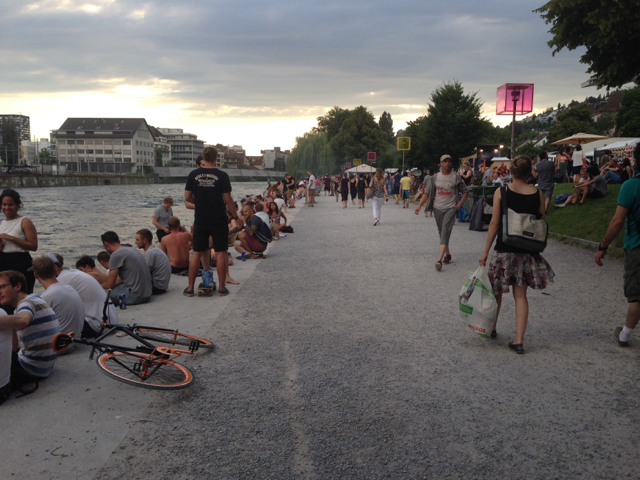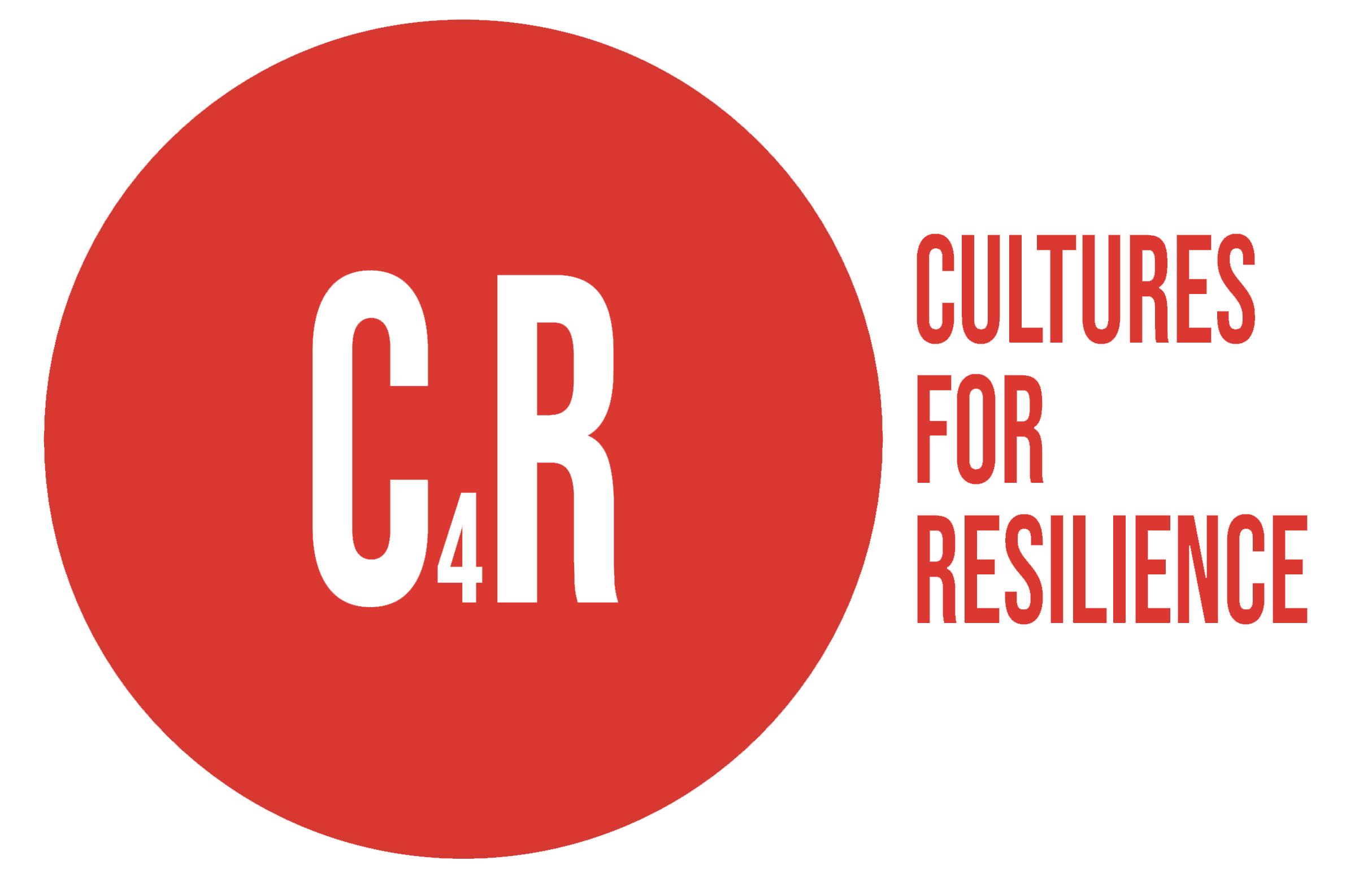Conviviality relates to good company. Democratic conviviality is an ideal of everyday life that bonds people in communal public actions.
In the cooperative text "Tools for Conviviality" (New York: Harper & Row, 1973) Ivan Illich elaborates an extended definition of the concept; e.g., (p.11), 'autonomous and creative intercourse among persons, and the intercourse of persons with their environment.' Based on his definition, Lisa Peattie (1998, p.246) described democratic conviviality as 'small-group rituals and social bonding in serious collective action, from barn raisings and neighborhood cleanups to civil disobedience that blocks the streets or invades the missile site'.
A few (main) characteristics: Conviviality requires spaces that contribute to the formation of the necessary social bonds -spaces of use and exchange- within a vision of political life that enables access to various forms of life in common. By privileging local face-to-face interactions, public life may truly acquire political dimensions, providing for democratic activities.
Open questions / Future work / How to:
- Do spaces produced through abstract ordering accommodate Lisa Peattie’s democratic conviviality?
- "City life as an openness to unassimilated otherness, however, represents only an unrealized social ideal" (Iris Marion Young 1990, p.227).
- "A non-totalising politics should only enable an indefinite multiplicity of creative activities in common, without subsuming their diversity under an all-encompassing figure or an overarching end" (Alexandros Kioupkiolis 2019, p.16).
Representation

A few words about "why this image?"

